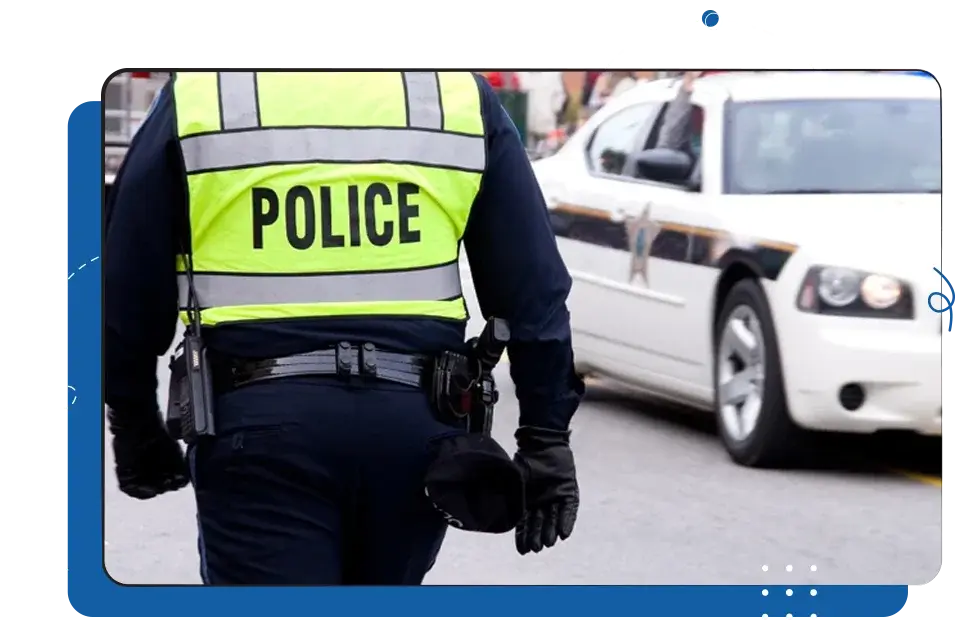CTE Curriculum
Prepare learners with CTE curriculum aligned to industry standards.
About the Course
The Law Enforcement I course is an overview of the history, organization and functions of local, state and federal law enforcement. Students will understand the role of constitutional law at local, state and federal levels; the U.S. legal system; criminal law; and law enforcement terminology and the classification and elements of crime.
SAMPLE LESSON
Vehicle Traffic Stops
Each lesson includes media-rich presentations, a pre-made lesson plan, assessments and engaging real-world projects and activities. To get an idea of what iCEV offers, explore the sample lesson and resources below.
Lesson Resources:
Lessons Available in This Course
- Arrest Procedure
- Communication in Law Enforcement
- Community-Oriented Policing
- Crime Defined
- Crime Scene Documentation
- Crime Scene Sketching
- Criminal Justice & Court Systems
- Criminal Justice Terminology
- Criminal Law History & Development
- Custody & Interrogation
- Ethical Practices in Law, Public Safety, Corrections & Security
- Evidence Collection: Laws & Regulation
- Evidence Collection: Procedures
- Handling Drugs in Law Enforcement
- Handling Family Violence in Law Enforcement
- Impaired Driving Laws
- Juveniles in the Criminal Justice System
- Law Enforcement & The Constitution
- Public Safety Systems & Agencies
- Search & Seizure
- Tactical Entry
- Traffic Accidents: Investigation
- Traffic Accidents: Laws & Documents
- Types of Criminal Defenses
- U.S. Constitution Basics
- Use of Force
- Vehicle Traffic Stops
- Victims & Witnesses
- Written Reports in Law Enforcement




